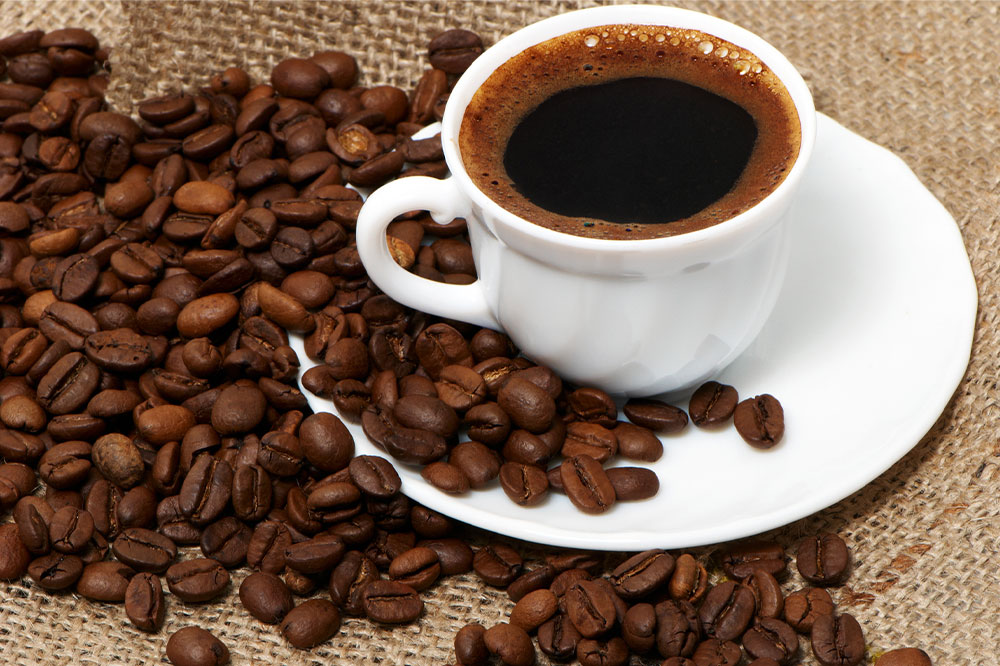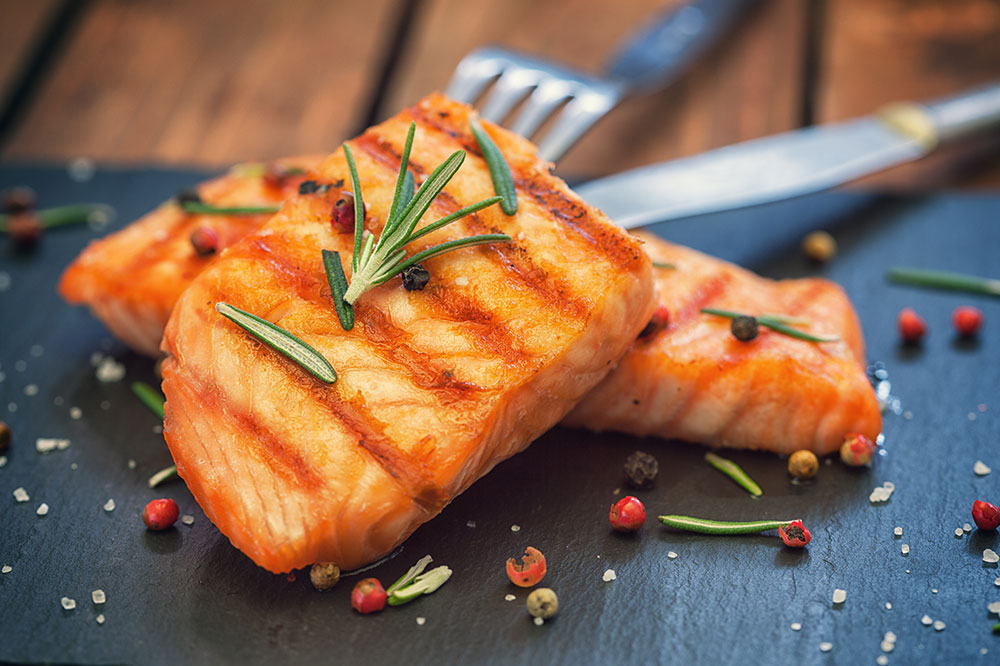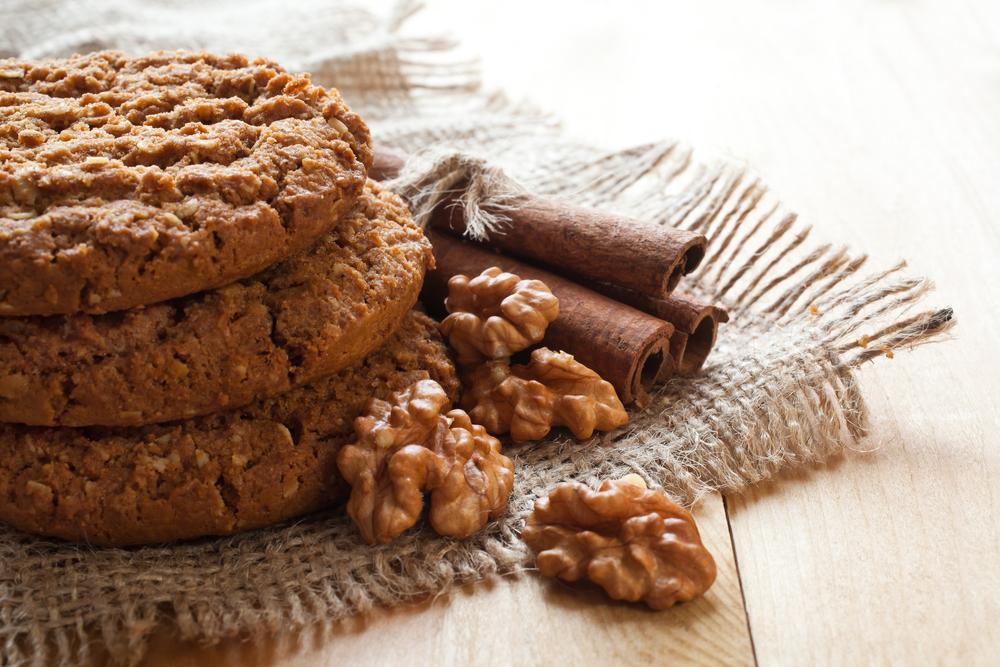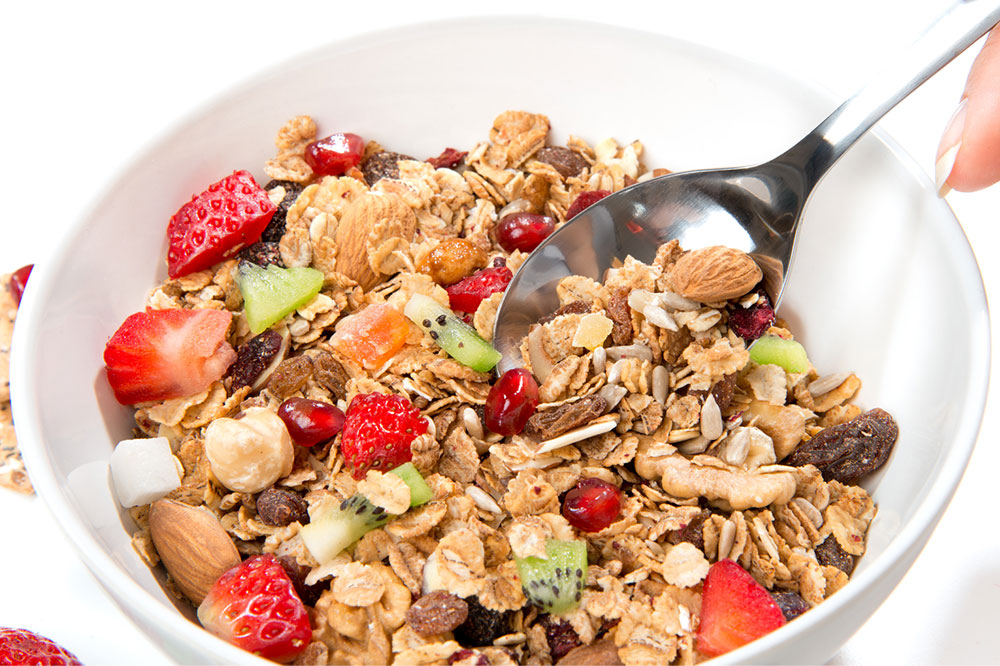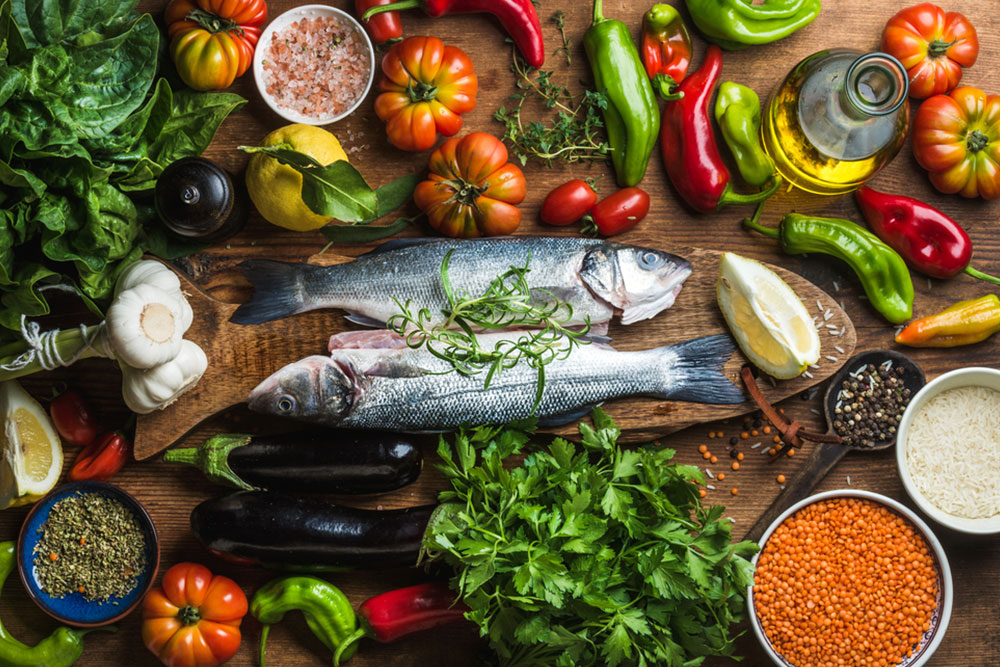Essential Vitamins to Help Manage Anxiety Naturally
This article highlights key vitamins essential for managing anxiety naturally. It explains how nutrient-rich foods and proper supplementation can support mental health alongside therapy. Including vitamins like B1, B6, B3, B5, C, B12, A, and D in your diet may help reduce anxiety symptoms and improve overall well-being, emphasizing the importance of nutritional strategies in mental health care.
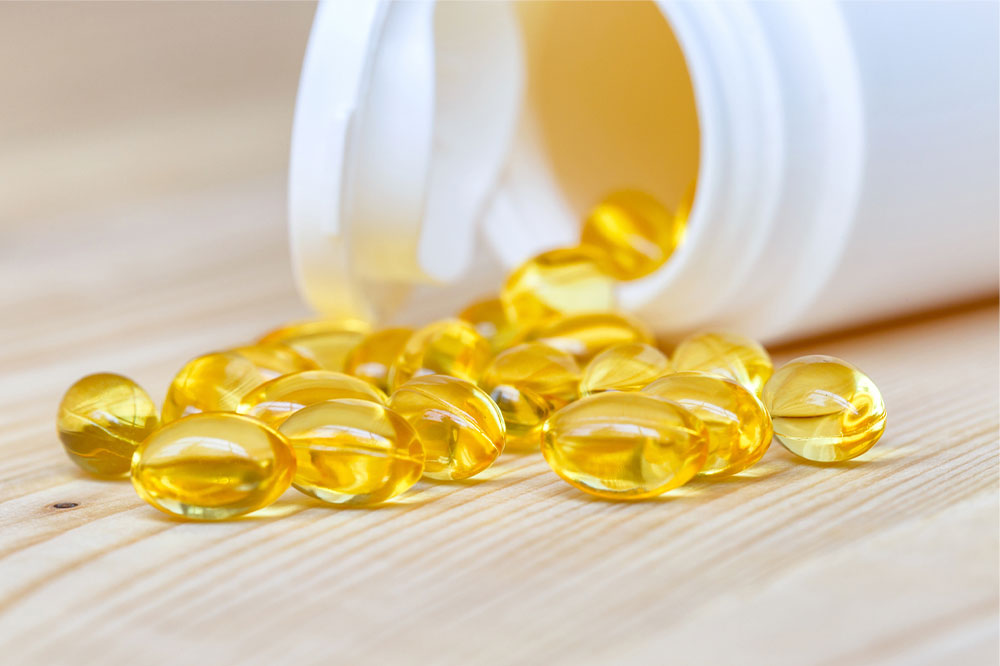
Essential Vitamins to Help Manage Anxiety Naturally
Just as bodily functions require maintenance, mental health needs consistent care too. Approximately 31% of the population may experience anxiety disorders at some point, highlighting its prevalence. While professional treatment is vital, incorporating certain vitamins into your diet can support anxiety management. Proper nutrition, alongside therapies like CBT, can enhance recovery and reduce symptoms effectively.
Understanding Anxiety Disorders
Anxiety disorder involves prolonged feelings of worry, fear, or unease. These symptoms can lead to panic attacks, rapid breathing, and sweating, impacting daily life. Common types include generalized anxiety, separation anxiety, panic disorder, phobias, and social anxiety. Addressing nutritional factors, especially vitamin intake, can be a beneficial part of a holistic approach.
Strategic lifestyle modifications, including eating vitamin-rich foods, can speed up anxiety recovery. Here are some vital vitamins known to aid in managing anxiety symptoms:
Vitamin B1 (Thiamine)
This vitamin is linked to alleviating various anxiety symptoms. Doses around 250mg daily have shown promising results, especially for individuals with fatigue, depression, or nausea. Food sources include beans, pork, fish, peas, yogurt, eggs, and fortified cereals.
Vitamin B6
High-dose vitamin B6 supplementation can reduce stress and anxiety levels. Foods rich in B6 like organ meats, tuna, salmon, chickpeas, poultry, leafy greens, and cantaloupe are recommended for daily intake.
Vitamin B3 (Niacin)
Known for its role in serotonin production, B3 supports mood regulation. Consuming foods such as poultry, fish, fortified cereals, bananas, legumes, and red meat can help maintain adequate levels.
Vitamin B5
Vital for adrenal health, B5 can help reduce stress. Find it in organ meats, mushrooms, avocados, cereals, broccoli, sweet potatoes, lentils, and soybeans.
Vitamin C
Studies show vitamin C can lower cortisol, the stress hormone, thus diminishing anxiety. Citrus fruits, peppers, leafy greens, strawberries, and broccoli are excellent sources.
Vitamin B12
Low B12 levels are common in those with anxiety. This vitamin regulates homocysteine levels, impacting mental health. Rich sources include dairy, poultry, eggs, fish, meat, and fortified cereals.
Vitamin A
Deficiency in vitamin A has been linked to increased anxiety. It plays a role in calming the nervous system. Beta-carotene-rich foods like carrots, greens, peppers, squash, and sweet potatoes are beneficial, alongside liver, eggs, and dairy.
Vitamin D
Insufficient vitamin D is associated with higher anxiety. Sun exposure helps boost its levels, and foods like fortified orange juice, salmon, sardines, liver, and swordfish are good sources.
Note:
The information provided is for educational purposes only and should not replace professional medical advice. Always consult healthcare providers for diagnosis and treatment of health conditions.

